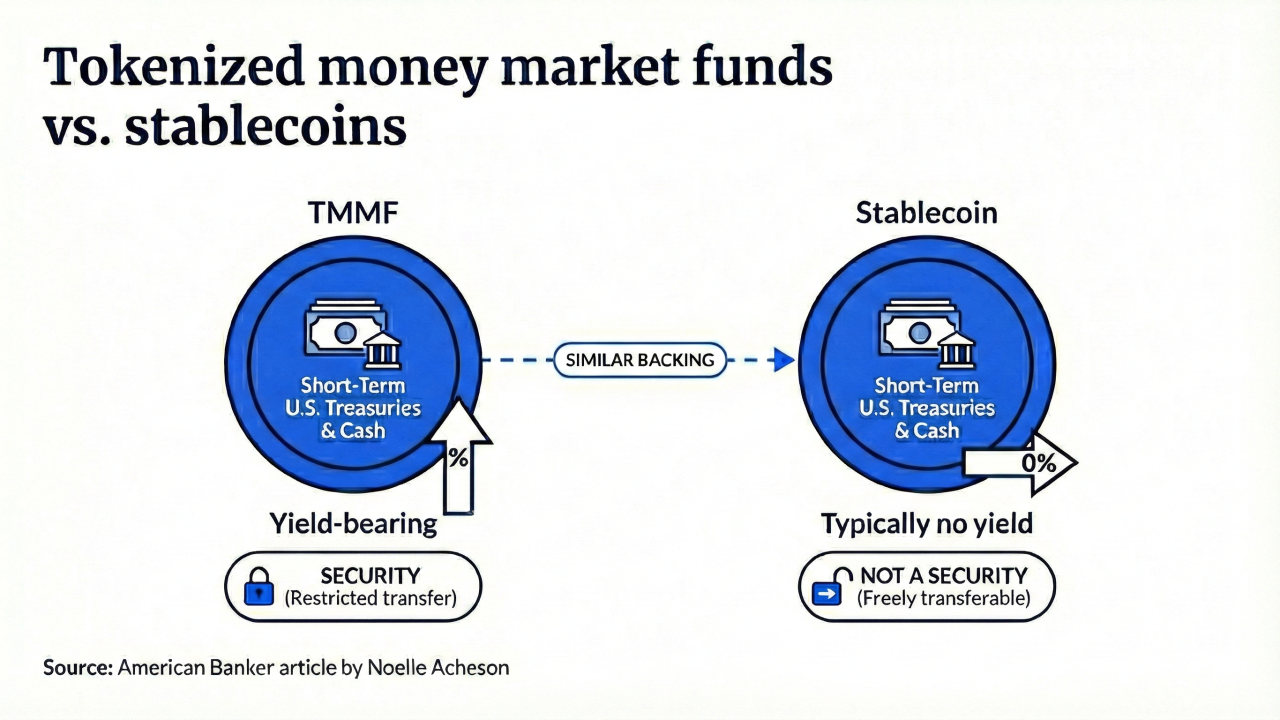Despite Errors, Clarke Says, Confirmation Not in Peril
WASHINGTON - Comptroller of the Currency Robert Clarke, under attack by key members of Congress, admitted Monday to making mistakes but said he does not believe Senate confirmation of his nomination to a second term is in jeopardy.
"Where we blew it was not being aggressive enough in insisting on corrective action" at banks with problems, Mr. Clarke said in a 90-minute interview, his first in five months. The mistakes will not be repeated, he said, because examiners will be required to follow up once they have told a bank to make operational or policy changes.
Riegle Delays Hearing
Mr. Clarke, nominated by President Bush in January to a second five-year term, has had his confirmation hearing delayed by Sen. Donald Riegle, chairman of the Senate Banking Committee. The Michigan Democrat first wants to finish an investigation of the Comptroller's handling of the failed Bank of New England.
But Mr. Clarke contended that he is doing the best job he can and that the agency needs him.
"We need to be more precise with our examiners and the bankers about what we want done and when we want it done," he said. "If we don't believe we have their attention, we'll go to a severe form of enforcement action.
"We're serious," he added. "We want the problems fixed."
Leniency Once the Norm
When the economy was growing and banks were consistently profitable. Mr. Clarke said, the Office of the Comptroller of the Currency would have been criticized for clamping down on certain types of lending, such as real estate. "If we had taken cease-and-desist orders against some of these banks in 1987 and 1988," he mused, "people would have wanted my head."
"Things went so well for so long that even examiners got complacent," said Mr. Clarke, whose agency is responsible for regulating more than 4,000 national banks.
But with the weakening of the economy, the tide turned. Tough bank regulation is in vogue.
Hundreds of national banks have failed while Mr. Clarke has been Comptroller, costing the Federal Deposit Insurance Corp. billions of dollars. This year has seen such prominent failures as Bank of New England and two in the nation's capital - National Bank of Washington and Madison National Bank.
Congressional hearings have been held on all three failures, and each time more questions arise about Mr. Clarke's performance. Lawmakers are particularly concerned that he may have waited too long before taking strong action against the banks.
BNE Was Turning Point
Bank of New England was a wake-up call for the Office of the Comptroller. Regulators knew the Boston bank was in trouble about 18 months before it failed. And the problems discovered at BNE prompted the OCC to examine every national bank with more than $1 billion in assets.
Those exams forced banks to recognize more loan losses as well as to set aside more reserves for potential losses. Mr. Clarke said. While the OCC did not formally force out many bank officers, he said, the exams caused management changes at a number of banks, including Mellon Bank Corp. of Pittsburgh and First Fidelity Bancorp., Newark, N.J.
Those thorough and, in some cases, harsh exams brought political heat on Mr. Clarke and the OCC as some critics blamed them for causing, or worsening, a credit crunch.
Steps Already Taken
Mr. Clarke said his agency already has acted to improve its performance. The OCC is hiring 100 examiners this year with experience in credit review, Mr. Clarke said. About 70 of the new examiners will work in New England. Another 100 will be added next year, he said. Many of these new OCC employees will be bankers who have lost their jobs.
Enforcement actions by the agency, he pointed out, increased last year from 1989. Formal agreements with bankers to change unsound banking practices jumped to 168 from 87; removals of officers increased to 30 from 14; and civil money penalties numbered 151, up from 129 in 1989.
Cease-and-desist orders, the most severe enforcement action, rose by two, to 47.
To strengthen banks, Mr. Clarke said, minimum down payments for all borrowers should be adopted, and bank construction loans should be short-term, with builders getting permanent financing from institutional investors.
Double-Checking Examiners
The OCC has initiated a "peer review program" designed to make bank supervision uniform nationwide. Examiners from various parts of the country will be called in to check the work of examiners in a particular region. For example, those from Seattle, Dallas, and Chicago might go as a team to evaluate how well examiners in Boston are doing their jobs.
But Mr. Clarke, sitting in a soft leather chair in the art deco offices the OCC occupied two weeks ago, said he is not ready to abandon his cooperative approach to regulation, which has prompted many criticisms. He said most bankers make the changes suggested by regulators; failures such as Madison National, where officers fought the OCC "every step of the way," are aberrations, he said.
OCC examiners will not go into every national bank "guns ablaze," ready to slap on cease-and-desist orders, he said.
"Supervision is going to be 10 times more effective" if examiners are working with bankers rather than against them, Mr. Clarke said. "Confrontation gets in the way of what you are trying to accomplish."





